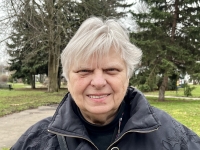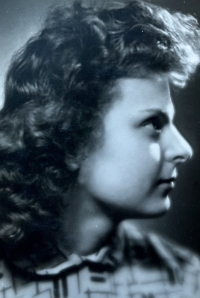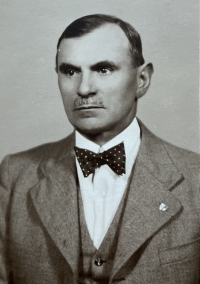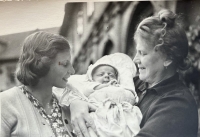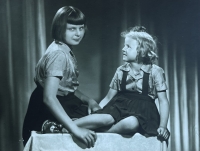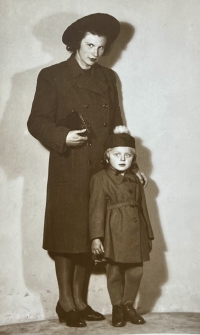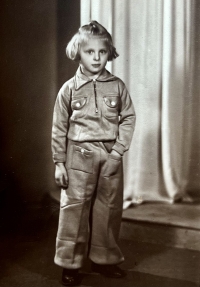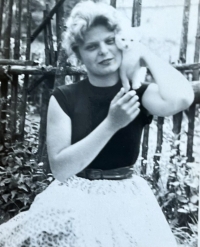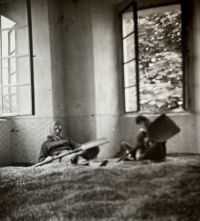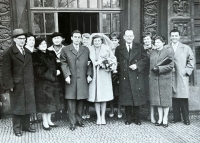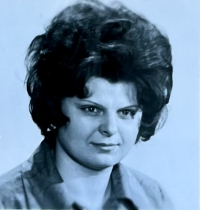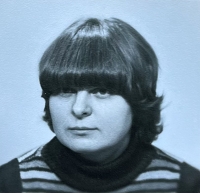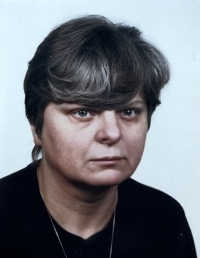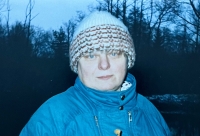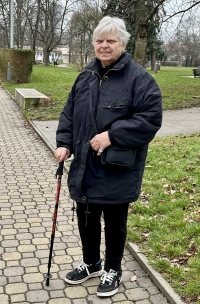Thanks to the Cold War, I have a license for both tractor and truck

Download image
Jaroslava Št’astná, née Vildová, was born on 24 April 1942 in Prague into a well-to-do family. During the First Republic, her grandfather Karel Zeman had a gardening business in the Wallenstein Garden and took care of the decoration of churches and gardens under Prague Castle. In 1945, a neighbour turned them in to the Gestapo for alleged excessive stock. In the 1950s, the gardening business was nationalized, and her grandfather stayed on as manager. Her grandparents Karel and Maria Zeman, and her parents Věra and Robert Vilda and their children were evicted to a smaller apartment. In elementary school, Jaroslava Št’astná was refused admission to Pionýr, and in high school she concealed her origins and joined the ČSM. During the Cold War, she was selected as a wartime driver and in 1961 she obtained a driving license for small and large motor vehicles. In 1968, she witnessed the occupation of Prague by Warsaw Pact troops. She worked at the Municipal People’s Library in Prague all her life until her retirement in 1997. In 2024 she lived in Prague.
